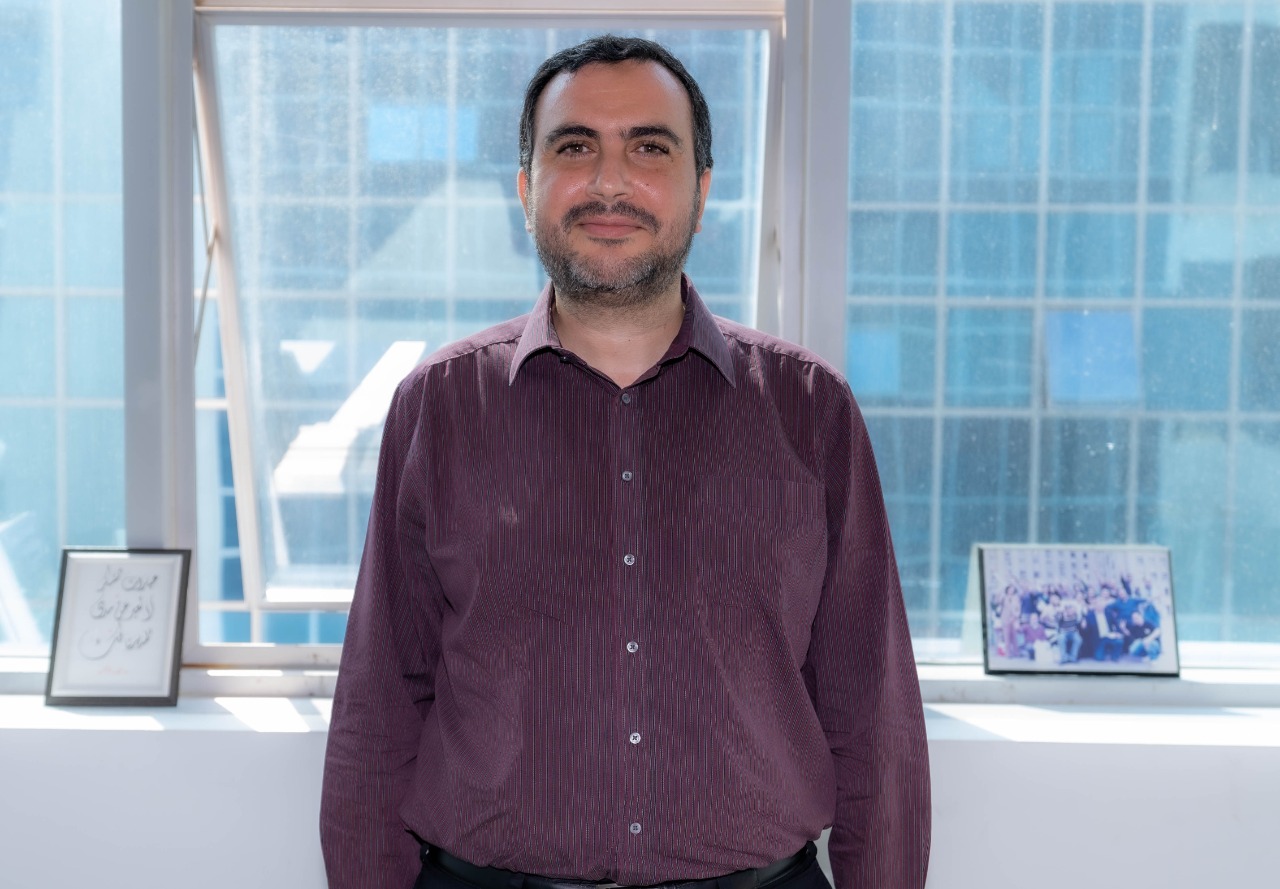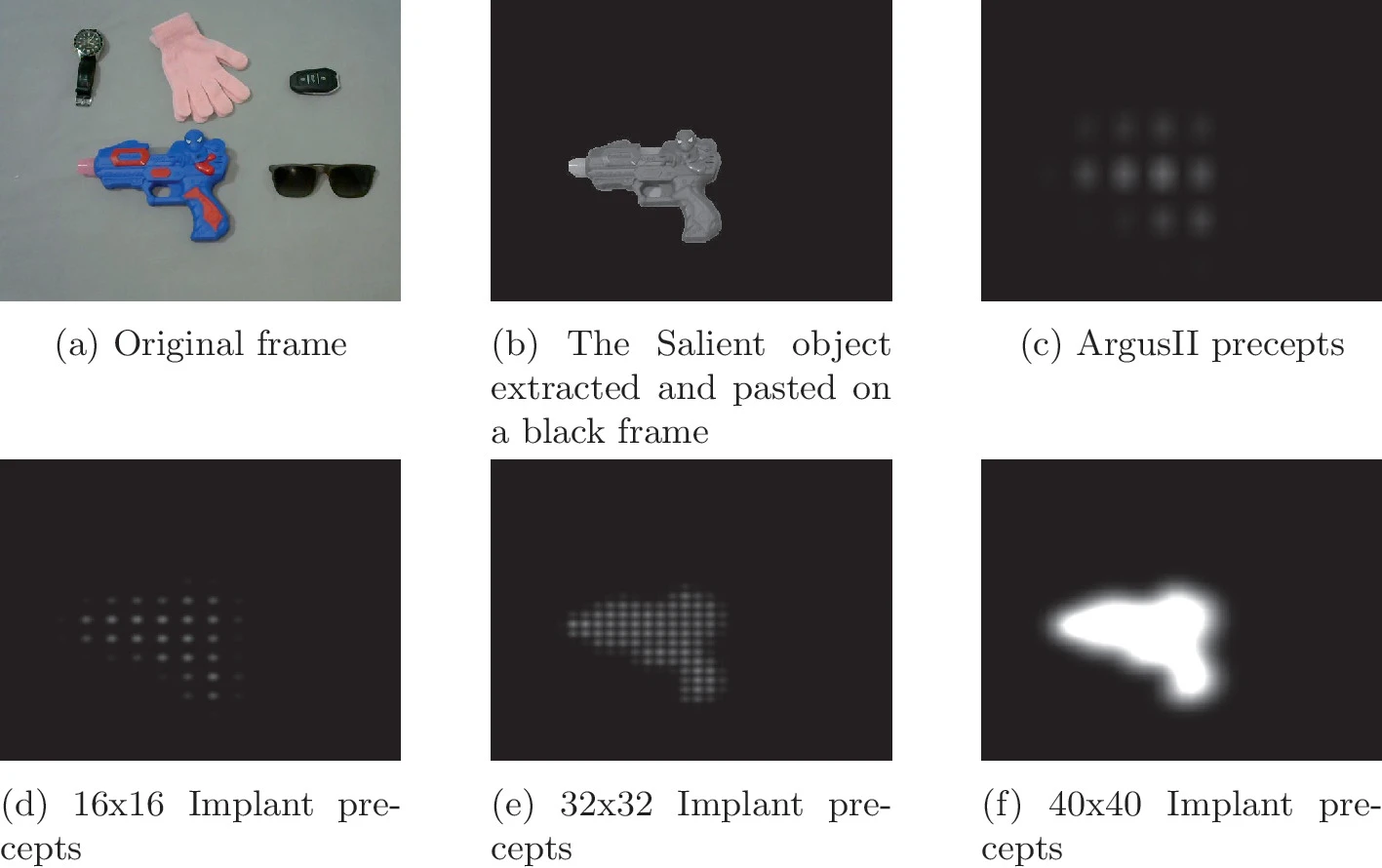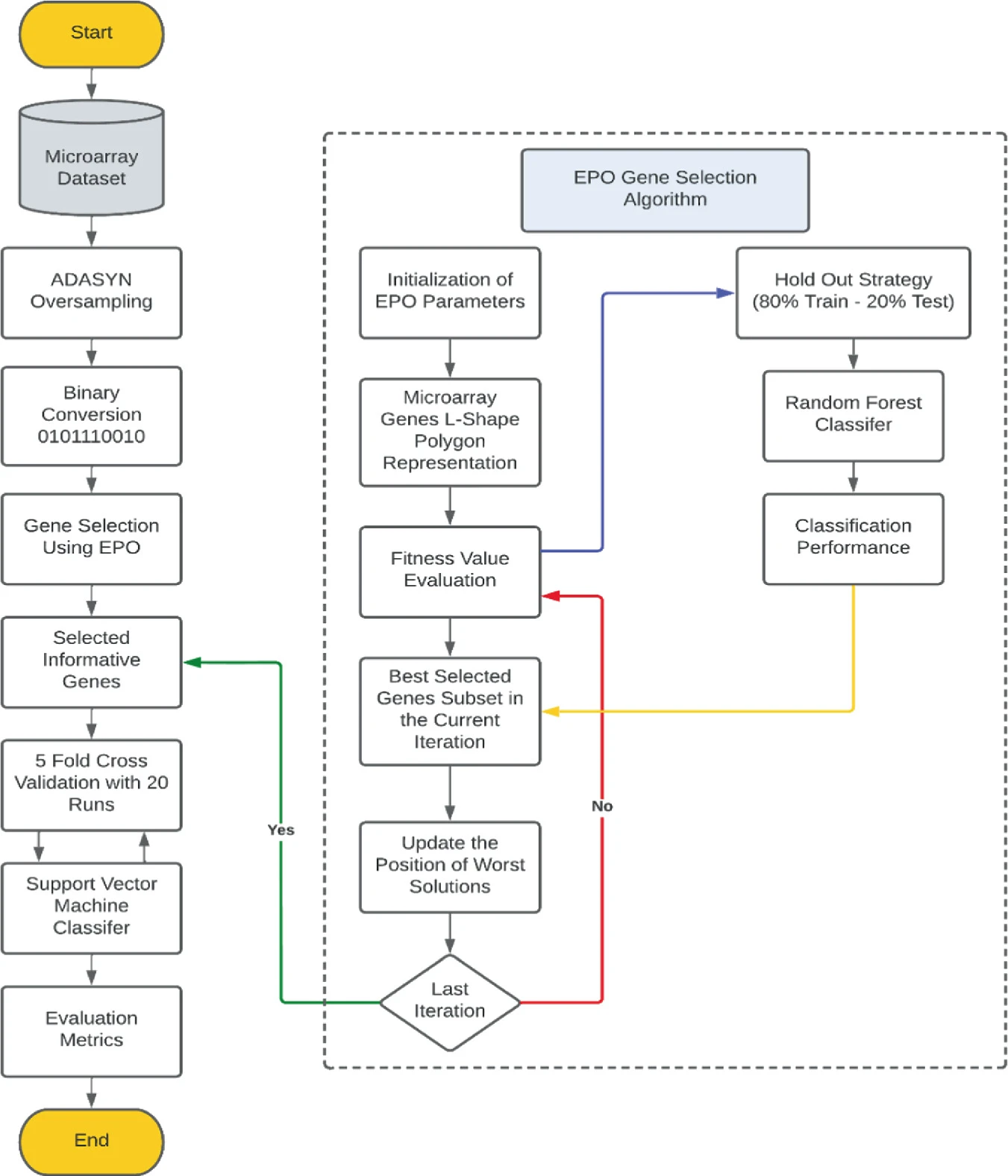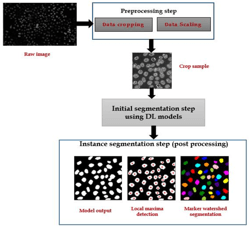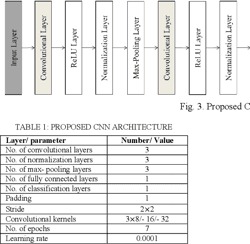Faculty Building
UB1
Office Number
210
Professor Walid Al-Atabany's academic journey began with the completion of his B.Sc. and M.Sc. degrees at Cairo University's Biomedical Engineering Department in 1999 and 2004, respectively. In 2010, he achieved his Ph.D. in biomedical engineering from Imperial College London. In 2011, Professor Al-Atabany embarked on a two-year research associate position at Newcastle University, further enriching his expertise. Currently, He is a full professor at Nile University's Information Technology and Computer Science (ITCS) School. Within ITCS, he also serves as the Vice Dean of Student Affairs and the Director of the Quality Unit. Professor Al-Atabany's research interests is highly interdisciplinary, with a primary focus on developing assistive technologies for the visually impaired and advancing prosthetic vision. His research portfolio has also expanded to encompass critical issues in healthcare technology enhancement. Notably, his scholarly contributions have made a significant impact, boasting over 70 published articles in esteemed journals and conferences, which have garnered more than 3000 citations.
Professor Al-Atabany's dedication and contributions to the field have earned him numerous awards and grants, including the prestigious Scientific Excellence Award from Nile and Helwan Universities in 2023 and 2021, respectively. He has also been a recipient of two Newton-Mosharafa grants from the British Council in 2015 and 2016, as well as the travel grant from the ARVO Foundation for Eye Research in 2010, Maryland.
- Prof. Walid Al-Atabany has receive the Prof. Hazem Ezzat award for the Outstanding Faculty Researcher from Nile University in 2023.
- He also earned the Scientific Excellence Award for having excellent record of international publications, 2021.
- He received a 2-year Newton institutional link grant from the British Council to conduct joint research with the School of Electrical and Electronic Engineering at Newcastle University in 2016.
- He was awarded a 6-month prestigious Newton travel grant from the British Council to conduct joint research at Newcastle University in 2015.
- He won the 2nd prize award from the 2nd Symposium of the Neuroscience Technology Network (NTN2009).
Pagination
- Biomedical Informatics
- Medical Imaging
- Image Processing MIIP


